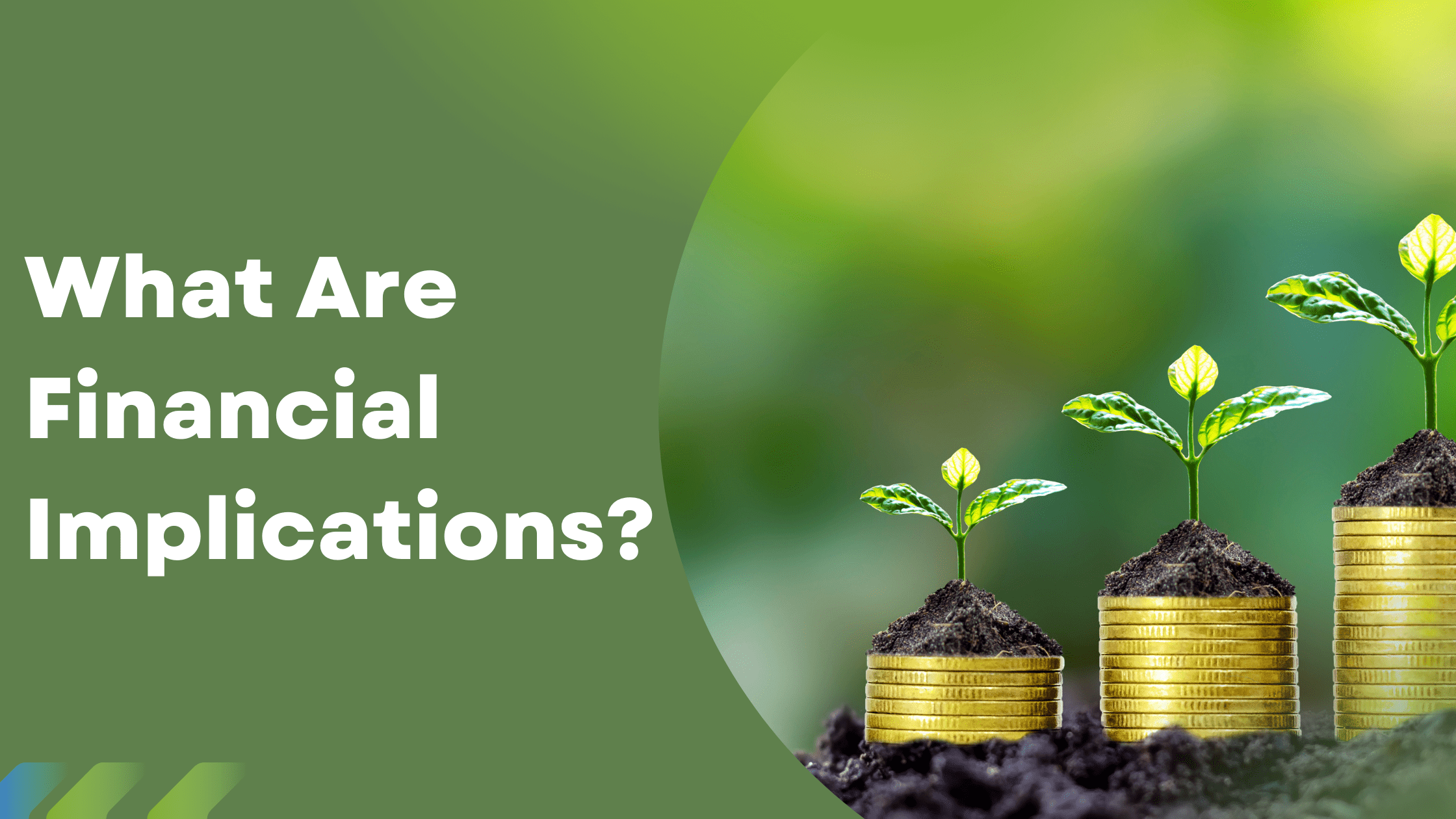Knowing how to save is probably one of the most important skills anyone can learn in life, especially for the Americans who lack it the most. The overspending, the frivolous credit card purchases, the baffling lack of any retirement funds, all of these decisions can be detrimental to one’s financial future for decades. Losing money is almost an inevitability for most people.
This is where we come in. The purpose of this post is to explain the reasons these mistakes are so common, how to avoid them, the consequences. Making even the slightest of changes in your money habits can yield substantial dividends.
Error 1: Living Paycheck to Paycheck.
Living paycheck to paycheck is one of the biggest money mistakes one can make, especially in America. Merely lacking to save three to six months worth of expenses is one of the clearest indicators of financial mismanagement. Sudden expenses straining your budget, in the form of unexpected repairs or an overdue medical bill, can be easily anticipated.
What’s the matter:
- Ongoing financial worries.
- You are at the mercy of your credit card while making emergency purchases.
- Prevents you from attaining financial stability.
What should one do then:
- Monitor your spending habits to analyze your expenses.
- Develop a basic savings plan like the 50/30/20 rule where one saves 50% of the necessary spending, 30% is for manageable expenses, and the 20% saved can be considered a wealth for the future.
- Getting started on savings even with a minimal percentage such as $20 a week can get you a head start in the long run.
You take control of your finances when you save and spend wisely as opposed to living paycheck after paycheck.
Mistake #2: Excess Spending on Credit Cards
Many people have started to use credit cards more which is considered a tool for building credit scores and earning rewards. Despite the benefits, they can also be considered a financial mistake by most Americans. Thus, overspending without thinking is how many people get trapped in high interest debt.
Why is this the case?
- The interest on credit cards is more than twenty percent.
- The insurmountable debt is very hard to get rid of.
- Lower credit scores and high interest loans is a barrier to Murtaza which is as well to potential job opportunities.
How to Approach the Problem:
- Credit cards should be treated no differently than debit cards and should never be spent on more than what can be paid in full.
- Autopay is an effective way to also stop late fees.
- Paying debt down with techniques such as the snowball method case or the avalanche method also works.
- Once mastered, credit cards can also be an asset to your finances in the United States. With proper credit card lineage, you will realize the end goal is control.
Mistake #3: Failing to Prepare for Emergencies
Whatever happens, any crisis like a sudden loss of income, unexpected medical costs, or the need for costly car repairs could strike anyone at any time in life. However, many people do not bother to put some money away as emergencies do arise, in any case. Saving money for emergencies is crucial.
Why it is a problem:
- Without some savings put away for emergencies, you will have to touch your credit cards or go for a loan.
- Skipping the emergency fund puts your finances at higher risk during an already worrying time.
- Your progress towards larger financial goals will be stagnated.
How to contend:
- Initialize an emergency fund in the range of 500 to 1000 dollars.
- Once this fund is steady, take time to accumulate funds for three to six months of your living expenses.
- To avoid spending your fund, do not keep emergency savings in your checking account.
The emergency fund separates you from financial strain.
Mistake #4: Failing to Prepare for Retirement.
This in particular is payments toward a 401k. Endless 401k options make this a terrible money mistake. As a young adult, it’s even harder to picture that life; yet, you need to start saving for the future. The simple fact is that the sooner, the better. The money will gain interest like clockwork, and you will be better off.
Why it is a problem:
- The later you start, the more you will have to save.
- The chances of continuing a desired life after retirement decrease immensely.
- Losing out on any plans from your employer for 401k matching is a major downside to not saving.
How to avoid it:
- If you are offered a 401(k)+ and employer matching, take it! It is free money!
- If you don’t have a 401(k) then consider opening an IRA.
- Start small! Even 5% contributions make a difference.
Remember, you will thank you today for making the decision to put money away for retirement.
Mistake 5: Buy Now Pay Later Scams
“Promotional” and “limited time” offers are popular scams on the internet. So many Americans get duped because they think making money is easy.
Why it is a problem:
- Scams make it hard to save money, and many people end up with negative balances.
- They undermine legitimate investment opportunities.
- There are plenty of people who are too ashamed to talk about their problems because they can’t seem to get their finances sorted.
How to avoid it:
- Be on the lookout for possible misinformation about investments, no matter how small.
- Make sure you do enough research before making any investments in a business, crypto, or stock.
- Don’t hesitate to talk with financial planners because they can guide you on trustworthy sources.
Wealth is accumulated gradually and consistently, not in a day. One of the simplest personal finance tips is avoiding scams.

Tips to Avoid these Mistakes
Apart from the specific mistake addressed, the following are some general tips to keep your finances in order:
- Maintain a monthly budget which includes all incomes, expenses, wants, and savings. Try to do this every month and improve upon your budgeting.
- Implement a system for automated transfers to your savings. Make it an automatic monthly payment so that you don’t have to rely on your self-discipline.
- Use apps, templates, or spreadsheets to keep track of all your spending. Make sure you understand and track your spending patterns.
- Learn financial literacy, and start by knowing basic financial terms and concepts like interest, credit scores, and investments. This knowledge will help you have better financial decision-making skills.
- Set some financial targets, like buying a house or going on a holiday. Financial targets will always help you spend your money in a particular direction.
The outcome of combining all of these practices will help in keeping you from falling into some of the most common financial traps.
https://infoherry.com/why-living-debt-free-defines-the-american-dream-in-2025/
Conclusion: All it Takes are Strategic Minor Improvements
The financial downfall of most residents in America isn’t the by effect of one large decision – in fact, it is the accumulation of a number of poor decisions. All these, living from one paycheck to another, overspending using credit cards, deliberately avoiding emergency savings, retirement, and being a victim of a financial scam, become easy to achieve with the proper strategy and a positive attitude.
The good thing about it all is that you don’t have to be a financial wizard to be able to achieve some financial stability. All it takes are some small changes. More strategic budgeting, saving, and smart spending will give you a much better financial position to work with in the future.
Just think about it: avoiding these financial mistakes will not only protect your money , but also lead to freedom, stability, and peace of mind in the future. Act now, and your future self will thank you for it.
Q/A
Q1: What is the biggest financial mistake that people in America make?
A: Living paycheck to paycheck and not saving anything.
Q2: What financial mistakes should I avoid?
A:Making a budget, putting money in an emergency savings fund, and avoiding unnecessary debt.
Q3: Is it a financial mistake to not invest?
A: Yes! If you are only saving and not investing that money, inflation will erode your wealth over time.
Q4: What is Americans’ biggest money mistake?
A: Hand to mouth, no savings.



